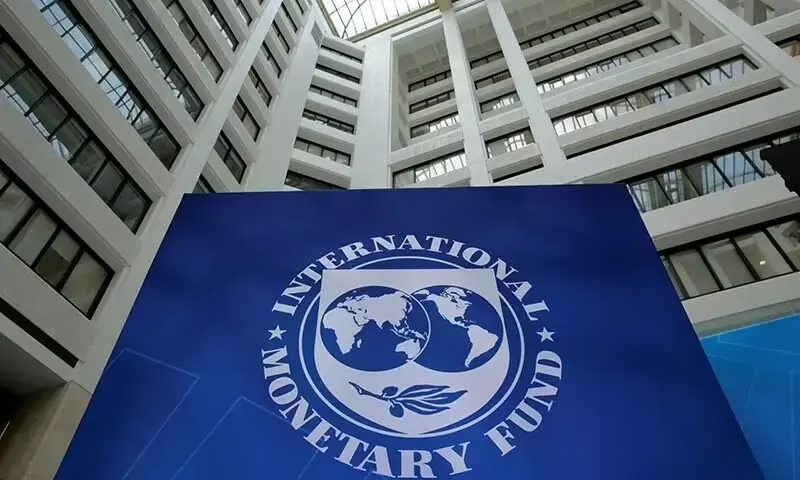The Auditor General of Pakistan has recently published a comprehensive report detailing the financial losses incurred by various government institutions, revealing alarming figures for Pakistan Railways. The report indicates that the railway sector has suffered a staggering loss of 4 billion 90 crore rupees, attributed primarily to mismanagement, fuel inefficiencies, and technical failures. This situation calls for urgent attention to address the underlying issues that continue to plague Pakistan Railways and its operations.
Key Findings of the Report
The report outlines several key factors contributing to the financial loss within Pakistan Railways. Chief among these is the excessive consumption of fuel, which has significantly drained financial resources. The rising fuel costs, coupled with inefficient management practices, have exacerbated the situation, leading to a substantial financial burden on the organization.
In addition to fuel mismanagement, the report highlights several operational inefficiencies. These include signal and electrical failures that have disrupted train services, leading to delays and cancellations. The malfunctioning of rolling stock, which refers to the vehicles that move on a railway track, has further complicated matters, resulting in an inability to maintain schedules and meet service demands.
Breakdown of Financial Losses
The report provides a detailed breakdown of the financial losses incurred in various regions, underscoring the widespread impact of mismanagement across the railway network:
- Sukkur: A significant portion of the loss, amounting to 3 billion 387 million rupees, has been attributed to fuel inefficiencies in the Sukkur division. This figure raises serious concerns about operational practices in this key region, where resources appear to be squandered.
- Multan: The Multan division recorded losses of 1 billion 41 million rupees, further exemplifying the need for rigorous management practices and accountability to curb fuel wastage and improve efficiency.
- Rawalpindi: The financial loss in Rawalpindi reached 7.5 million rupees, indicating that operational challenges are not confined to larger divisions, but are affecting multiple areas across the railway network.
- Karachi: The Karachi division reported a loss of 3 million rupees, highlighting that financial mismanagement is a systemic issue that transcends regional boundaries.
Impact on Train Schedules
The report also emphasizes the broader implications of these financial losses on the overall train schedule and passenger services. Due to the technical failures of trains, their schedules have been severely affected, leading to delays and cancellations that inconvenience travelers. This has not only eroded public confidence in Pakistan Railways but also impacted its reputation as a reliable mode of transport.
Passenger satisfaction is crucial for the success of any transportation service, and the persistent delays and service disruptions can lead to a significant decline in ridership. Consequently, this creates a vicious cycle where reduced ridership further exacerbates financial losses, leaving the organization in a precarious position.
Call for Urgent Reforms
The findings in the Auditor General’s report serve as a clarion call for the government and relevant authorities to undertake urgent reforms within Pakistan Railways. Addressing the issues of fuel mismanagement, technical failures, and operational inefficiencies is essential for restoring the financial health of the organization.
Implementing a robust management system that focuses on accountability and transparency is crucial. Training staff on best practices for fuel consumption, regular maintenance of rolling stock, and timely repairs of signaling and electrical systems can significantly improve operations. Furthermore, the introduction of modern technologies can streamline operations, reduce wastage, and enhance service delivery.
Government Response and Future Outlook
In light of the findings, it is imperative for the government to respond proactively. This may include allocating additional resources for maintenance and upgrades, investing in training programs for personnel, and enhancing operational oversight. The recent losses must prompt a thorough evaluation of existing practices to identify areas for improvement and ensure that similar issues do not arise in the future.
The government should also consider engaging with stakeholders, including employees, passengers, and experts, to develop a comprehensive strategy aimed at revitalizing Pakistan Railways. A collaborative approach can foster innovative solutions that address the systemic problems plaguing the organization.
The Auditor General’s report on Pakistan Railways reveals an urgent need for reform to address the significant financial losses and operational inefficiencies impacting the organization. With a loss of over 4 billion rupees primarily attributed to excessive fuel consumption and technical failures, it is clear that substantial work is required to turn the situation around. By implementing effective management strategies, investing in infrastructure, and prioritizing customer satisfaction, Pakistan Railways can work towards reclaiming its status as a reliable and efficient transportation service. The path to recovery will require dedication and commitment from all stakeholders, but the potential rewards for the economy and the public are well worth the effort.



